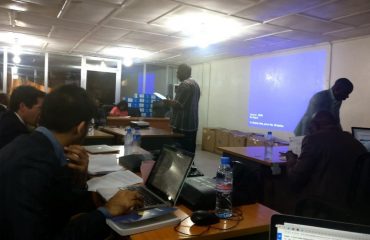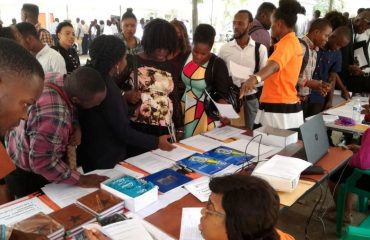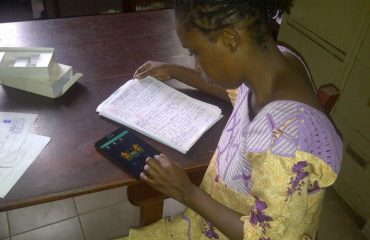Author: Abass Shaw, Lead Researcher, iDT Labs
Going through published healthcare literature, it is evident that the Common West African Person accesses one of the weakest health care systems in the world. The Common West African travels miles, crossing rivers and streams to access healthcare services that are often flawed. There is a far obvious divide between healthcare, facilities, practitioners available and persons in need (Sierra Leone 3 doctors- 100,000 persons, World Health Organization, 2013).
This challenging scenario we realized does not just require a readymade solution but one that is reflective of the needs of end users. Using the Human Centered Design Approach, we set ourselves the task of recording experiences of Common West African Persons, Medical Practitioners and Healthcare data users. This task drove us to visit slums, strolling streets and knocking on the door of offices in order to harvest a holistic view of all stakeholders in the healthcare ecosystem, prototyping the solution, whilst understanding preferred delivery methods, and expectations of clients.
On the 26th August 2015, the sun rose shining on survey officers in the Slums of Kroobay and Susan’s bay thought to be ideal for locating representative of Common West African Persons earning less than $100. Going through the biggest slums in Sierra Leone, we interviewed 25 persons constituting street traders, tailors, and teachers. Amidst the low level of education of respondents, Survey officers were greeted with the challenge in harvesting required data even with the simplest form of explanation. The next day, we hopped through government offices, police stations, strolling in banks, business enterprises reaching Common West African Persons earning $200 and those above $500 respectively. Climbing steers and waiting in receptions, we were able to record the perspectives of 35 Common West African Persons earning $200 and $500 respectively.
A week after, we navigated the wheels of the exercise to reach medical practitioners on their professional perspectives. Going through several hospitals and pharmacies, we were able to record the participation of 25 medical practitioners who diagnosed the current state of the healthcare service delivery, presenting their views on delivery method, payment and expectations on the alternative that Welbodi brings.
Summary from key findings….
- Generally, West African Persons are not satisfied with current healthcare mainly because of cost for those less than $100 and accessibility & quality issues for those earning $200 and above $500 respectively
- Voice Calls was by far the chosen delivery methods with SMS, web and video being chosen based on literacy level, thus income.
- A number of Common West African Persons visit Pharmacies as main source of medical care; they do visit medical doctors but rarely.
- Network failure, wrong prescription and astronomical charges were the main criticisms levied against the solution.
- Almost all respondents mentioned the prototype to be good with responses on simplicity and complexity of the solution depending on their income levels




